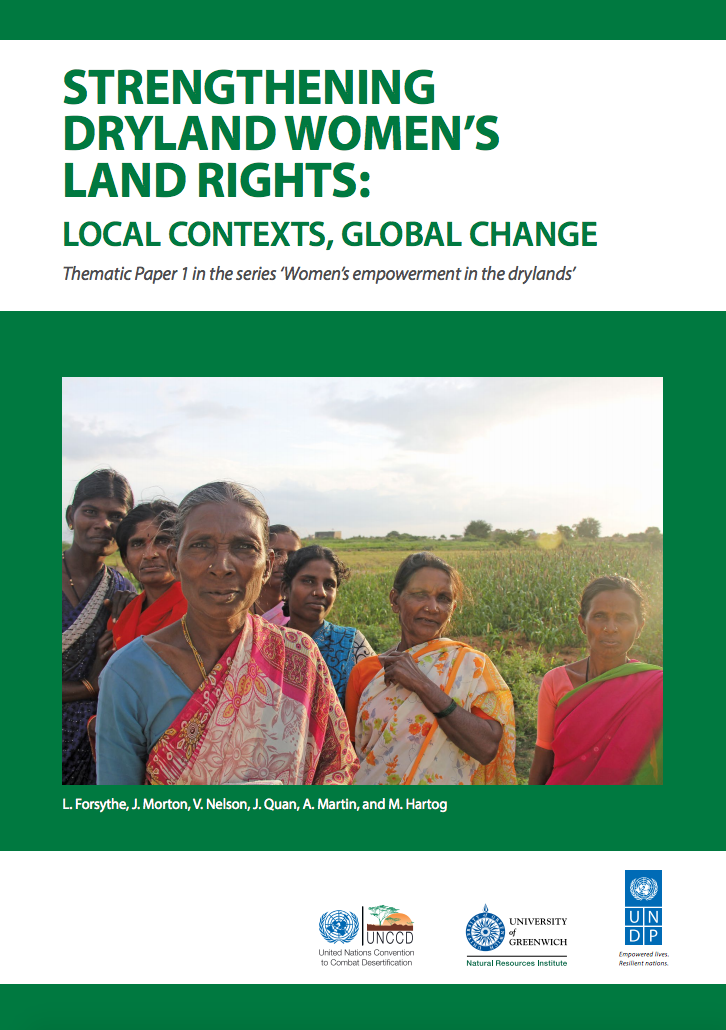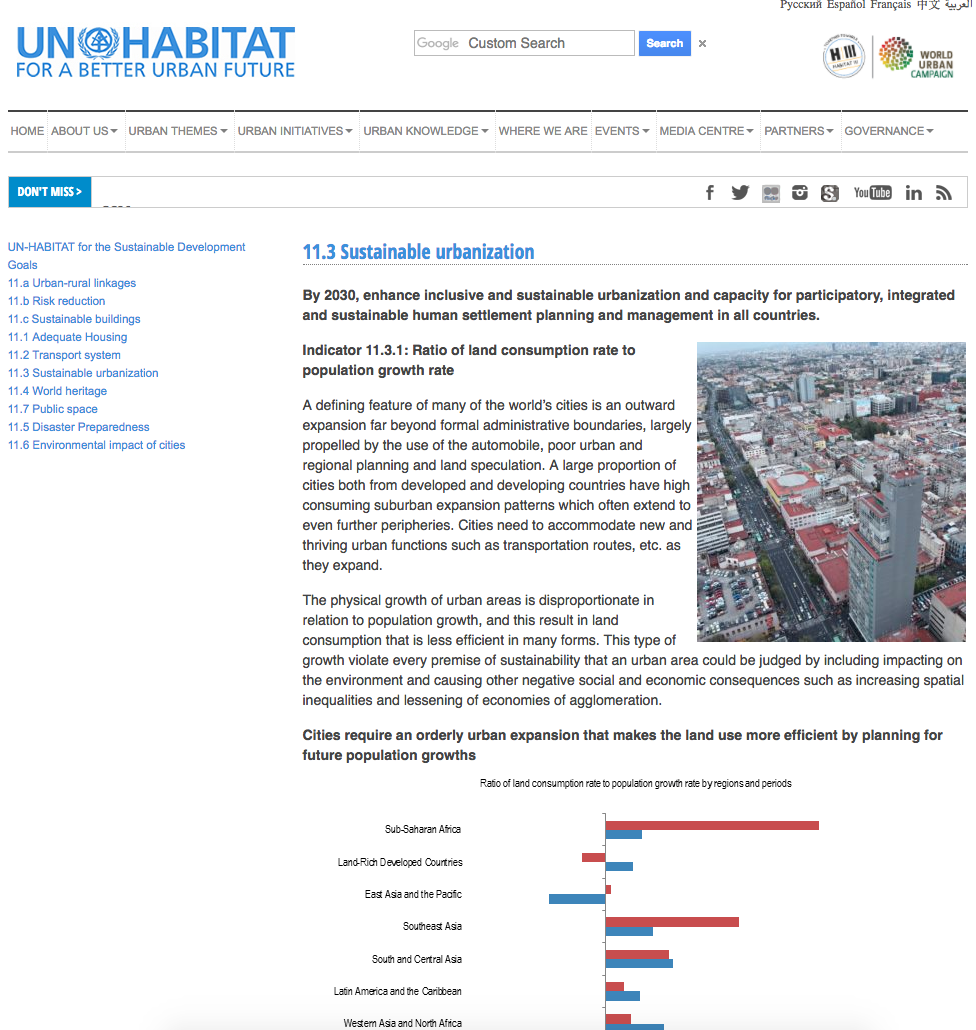Police-powers, regulatory takings and the efficient compensation of domestic and foreign investors
In customary international and public law, “takings” resulting from regulations designed to protect the public good are generally excluded from compensation rules; this exclusion is known as a police powers carve-out (PPCO). Increasingly, this PPCO is being challenged, particularly in international investment law. This paper analyzes the efficiency properties of a PPCO in a model with endogenous regulation, investment and entry.
Environmental changes in the Polish agriculture - toward the bio-economy
This paper attempts to provide an interdisciplinary concept of the bio-economy in the context of environmental changes in the Polish agriculture. Various definitions of bio-economy have been presented and its place in the sustainable development theory has been described. The aim of this paper is to present the environmental changes in Polish agriculture in the context of the bio-economy. For this purpose uses the information published by the Central Statistical Office and Eurostat. To showcase and presentation methods were used descriptive and tabular.
Development of the community forest conservation youth camp curriculum with the local participation of Ban Pu-Tei, Tambol Ta Sao, Amphoe Saiyok, Changwat Kanchanaburi
Analysis of Environmental and Economic Efficiency: Application of the Overseer model and simulated data
New Zealand’s success in raising agricultural productivity has been accompanied by higher input use, leading to adverse effects on the environment. Until recently, analysis of farm performance has tended to ignore such negative externalities. The current emphasis on environmental issues has led dairy farmers to target improvements in both environmental performance and productivity. Therefore measuring the environmental performance of farms and integrating this information into farm productivity calculations should assist informed policy decisions which promote sustainable development.
Unprotected Resources and Voracious World Markets
The Theory of the Second Best implies that any country with less-than-ideal resources can lose from international trade. Recently it has been suggested this means the South (poor countries) are better off suppressing trade with the North, especially trade in natural resource products, since the North has better developed rights to protect its natural resources. Here we show that the suppression of such trade may also impede the development of property rights in the South, but that even taking this into account, trade liberalization need not improve Southern welfare.
state of Australia's avifauna: a personal opinion and prediction for the new millennium
A consequence of the European colonization of Australia has been a significant ioss of biodiversity: one in four mammal species is either extinct or threatened. In contrast, only one species of bird has been lost from the Australian continent and there is less concern for the survival of the Australian avifauna than for mammals. This is despite the fact that nearly one in five bird species is listed as threatened or of âspecial concernâ.
Strengthening Dryland Women's Land Rights
Land and land-based natural resources are the foundation of livelihoods for millions of people and are related to social, cultural and spiritual identity. This is particularly the case for drylands people, who, due to low and variable rainfall and water availability, have developed adaptive strategies in response to seasonal, climatic and environmental change. Gender role norms play an important role in these dynamics, where men and women often undertake different livelihood activities to manage difficult ecological conditions.
UN-Habitat - SDG 11.3 Sustainable urbanization
A defining feature of many of the world’s cities is an outward expansion far beyond formal administrative boundaries, largely propelled by the use of the automobile, poor urban and regional planning and land speculation. A large proportion of cities both from developed and developing countries have high consuming suburban expansion patterns which often extend to even further peripheries. Cities need to accommodate new and thriving urban functions such as transportation routes, etc. as they expand.
Zambia National Resettlement Policy
Government has been implementing the Land Resettlement Programme for over twenty four (24) years, focusing mainly on land resettlement for agricultural purposes without a comprehensive policy and legal framework. This has caused a number of challenges including lack of a coordination mechanism at higher level of Government in the implementation of the land resettlement programme, land disputes and low levels of infrastructure development and service provision in the resettlement schemes.
REAL LIVES, TRUE STORIES
When we talk about corruption in terms of statistics, it’s easy to forget the human cost of abused power. Behind every fact or figure are real people, forced to live without the services, opportunities and rights they deserve. All too often, these stories remain hidden – silenced through threats and intimidation, or drowned out by louder, more powerful voices. But with the right help, people can and do speak out. From rural villages to global cities, we are working around the world to help people break the silence and stand up against corruption.
TACKLING FORESTRY CORRUPTION RISKS IN ASIA PACIFIC
This report is based on research carried out in five Asia Pacific countries – China, Indonesia, Malaysia, Papua New Guinea and the Solomon Islands. This document should serve as an instrument to help in Transparency International’s constructive but critical dialogue needed to fight corruption and build integrity in the forestry sector. As such it is aimed at civil society, the private sector, and government agencies, and all those who stand to benefit from improved forest governance.





